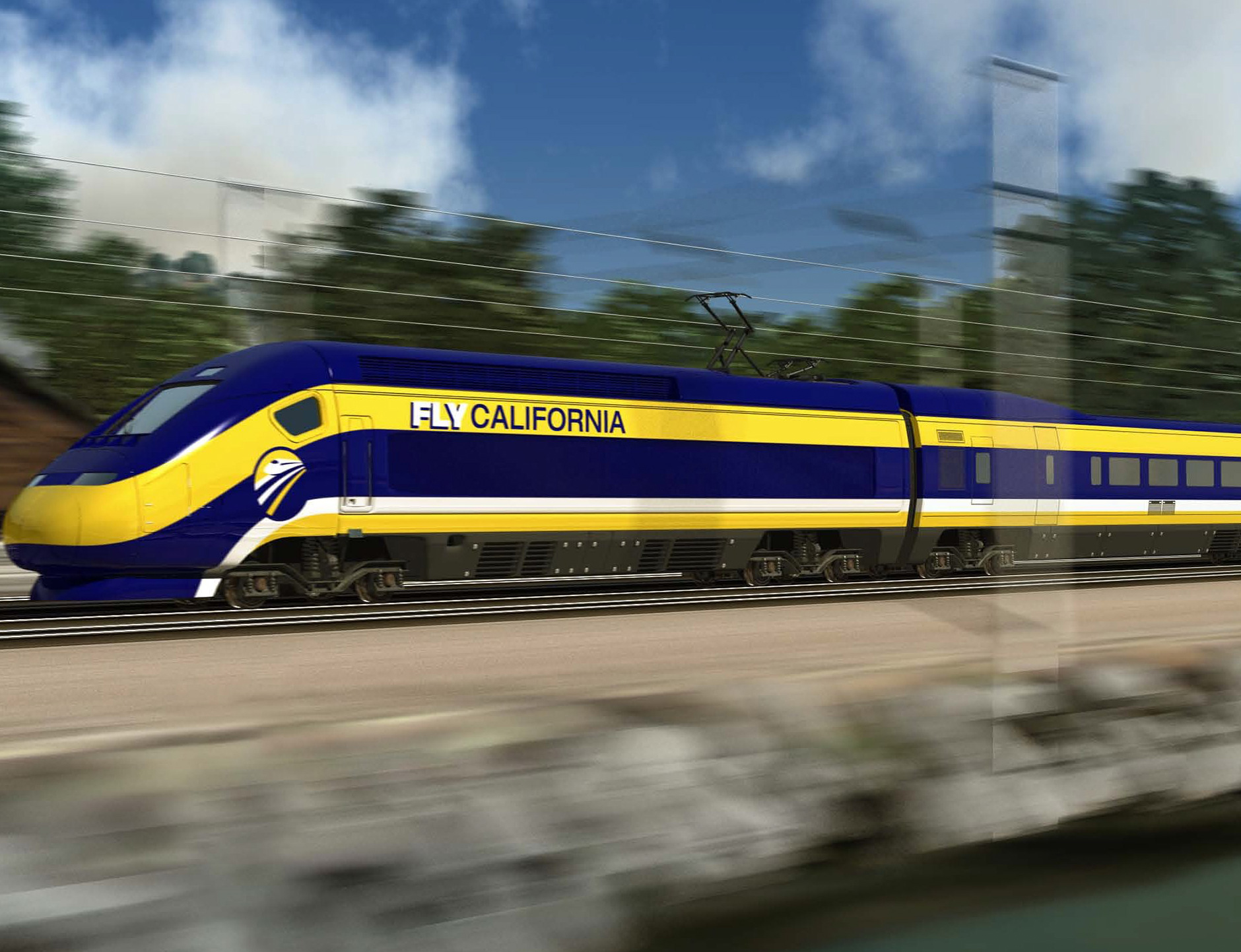California State Senate Committee on Transportation
State Capitol, Room 2209
Sacramento, CA 95814
March 30, 2021
RE: Appropriation of Proposition 1A Funds to the CHSRA
Good Day. My name is Steve Roberts and I am President of the Rail Passenger Association of California and Nevada (RailPAC). I want to thank you for the opportunity to view and comment on the Senate Transportation Committee’s oversight hearing on March 16, 2021 on California High-Speed Rail Authority’s Revised Draft 2020 Business Plan.
While the hearing provided a valuable update on the high-speed rail project, its challenges/risks and options for moving forward and I understand hearing comments are closed, members of RailPAC feel that there was a major omission that we want to bring to your attention. While the risks for CHSRA’s proposed path forward were presented to legislators, the risks associated with the alternatives outlined were not presented. In some cases these risks are substantial and exceed the risks for the plan outlined in the Authority’s 2020 Business Plan. As a result, Senators only have a full understanding of the benefits and risks of the proposed 2020 Business Plan, but do not have the same level of information on risks for the alternative options.
For example, Lou Thompson of the High-Speed Rail Peer Review Group suggested postponing the Proposition 1A appropriation decision by six-months. But that would put the decision out of the 21/22 State Fiscal Year budget cycle. The result would be, not a six-month delay, but a year’s delay,until the State Fiscal Year 22/23 cycle. As the Authority has noted,the cost of Covid-19 delays in 2020 has driven cost increases which combined with the Cap & Trade short-fall,sets up a cash flow crisis of unknown magnitude. Helen Kerstein, Principle Fiscal and Policy Analyst in the Legislative Analyst’s Office (LAO),felt that the Authority could manage any cash crisis associated with a delay in bond funding;but as we have seen this year, there is no certainty of that. Why take the risk and set-up such a scenario where perhaps work is slowed, bad relations are created with contractors and sub-contractors as a result of slow payments,and pre-construction work on other environmentally cleared segments is delayed? Shouldn’t the Authority’s management be totally focused on the 119-mile project completion instead of on managing a cash crisis that could have been avoided? These risks should have been highlighted to the Senators during the hearing.
A conundrum was also introduced when Mr. Thompson also suggested pausing until the Memorandum of Understanding between the Authority, the San Joaquin JPA and CalSTA could be finalized, so that with specific cost details could be provided. As a result of that pause, the Track & Signal Systems as well as equipment RFP would be deferred. Yet the track and equipment maintenance and lease costs represent the two biggest cost items in the MOU, which cannot be defined untilcontracts are undertaken. If Mr. Thompson’s recommendations are followed, the MOU would not be finalized, thus resulting in planning gridlock.
A risk factor not discussed in the recommended postponement of the Track & Signals Systems contract is the marketplace challenge presented by the fact that many of the track and signal components are long-lead time items, some specially built, in a market with a shrunken domestic supply chain.
In discussing the risk that there may be a shortfall in funds to complete the proposed Merced – Bakersfield Interim Operating Segment, the proposed option, delaying the project, in fact increases the risk, by adding costs due to construction cost inflation. This increased risk was not noted in the hearing.
Also noted,a risk for the Authority’s plan is the uncertainty over whether there would be sufficient revenues to pay maintenance and operating costs for use of the Merced – Bakersfield line. Yet,when the option of operating the existing seven round-trip San Joaquins over the HSR line was discussed, the risk of whether fewer and slower trains with no ACE connection could generate sufficient revenue to pay the Authority’s costs was not highlighted.
Regarding the diesel operation of seven daily round-trips,how does that fit with the environmental studies, all of which estimated large green-house gas (GHG) reductions as a result of very frequent electrified rail service with substantial trip time savings? Doesn’t this suggested diesel option undermine the whole environmental study process? The reversal of environmental commitments in a region where the American Lung Association’s 2016 State of the Air Report found that the San Joaquin Valley has the highest childhood asthma rates in the nation,would seem especially disingenuous. The electrification of the high-speed rail is designed to be a contributing mitigation effort for reaching GHG reduction commitments.
There was also discussion of the total cost of the remaining bonds (principle and interest). What was not noted is that,given current low interest rates, there is an opportunity to reap a substantial interest cost saving by selling the remaining Proposition 1A bonds this year rather than waiting several years.
Additionally, it was suggested that additional right-of-way planning and advanced project design (beyond the Authority’s current plan) be undertaken on the environmentally approved new segments of Phase I. While a very productive effort,this forward leaning initiative would be the first to be eliminated in SFY 21/22 if steady funding through the appropriation of Proposition 1A funds is not achieved and there is cash flow shortfall.
RailPAC feels that,when the risks of the alternative options to the Authority’s Revised 2020 Business Plan are considered, the appropriation of Proposition 1A funds to the Authority is the only proper course. RailPAC is a bi-state organization with membership throughout California and Nevada. RailPAC is a strong advocate for an expanded comprehensive public transportation network serving the entire state. RailPAC is an all-volunteer non-profit passenger rail advocacy group, founded in 1978.
Thank You for your consideration of the points that we raised in this letter.
Yours truly,
Steve Roberts
President Rail Passenger Association of California and Nevada
